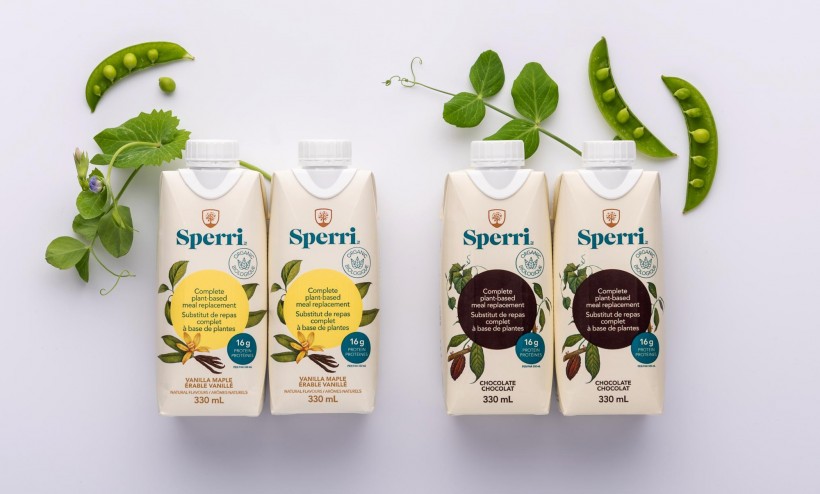Halifax-based Novagevity, which makes plant-based meal replacements, is on the verge of closing a $2.5 million seed round, with which it plans to broaden its distribution in Canada and prepare for a U.S. launch.
The company makes the Sperri brand of health drinks, which is available in supermarket chains across Canada and is used by such health authorities as Nova Scotia Health.
Novagevity began to gain traction last year when it won the Canadian Health Food Association’s Launch Pad contest, which came with $20,000 cash and a ton of buzz. It was followed by the launch of Sperri in January, and sales have been increasing steadily, said Co-Founder and CEO Gregg Curwin in an interview.
“We’ve got a company here that is making a big impact and now we’re looking to get into the U.S.,” said Curwin. “For our space, which is medical nutrition, it’s new and disruptive and there’s still a lot of interest among investors and others.”
A serial entrepreneur, Curwin has run several retail businesses and was the founder of indoor farming company Trueleaf Sustainable Agriculture, which has been taken over by McCain Foods in recent years. After he stepped down from Truleaf (which now does business as Good Leaf Farms), he took a bit of time off, then teamed up with Dr. Mary Lynch in 2019 to found Novagevity. Lynch is an expert in pain management who had previously co-founded Panag Pharma, which exited for about $27 million in 2018.
Novagevity is founded on the principles of Medical Nutrition Therapy, which uses specific nutrition plans to treat chronic conditions. The company’s Sperri drinks are organic, allergen-free, made from plants, and Curwin stresses that they taste good.
For decades, Curwin has championed food security and the role of a proper diet in healthcare, and he says that the CFHA award validated the efficacy of Sperri in helping patients with chronic conditions receive the nutrition they need.
“We also get validation from customers and patients,” he said. “For some of the patients, it’s life-changing and in some cases even life-saving. I don’t use those terms dramatically, but we wanted to produce something that tastes good and that has nutritional value.”
Nine months after its launch, Sperri is now selling at an annual rate of about $1.5 million in Canada. Curwin said the product’s only competitors in Canada are “legacy drinks” with artificial ingredients, though he admits there are strong organic competitors to Sperri in the U.S.
Curwin has just wrapped up his latest fund-raising campaign, which resulted in a $2.5 million seed round, drawn he said from a variety of notable Canadian angel investors. The company now has 13 employees, including staff in Vancouver and Toronto, and the new funding will allow it to open a U.S. office, likely in New York or Boston.
He said the next round of funding will likely be much larger and come exclusively from U.S. investors.
Curwin still owns a stake in Good Leaf, which produces micro-greens in vertical farms. The company has opened its main facility in Guelph, Ont., to target the Toronto market, and has begun work on farms in Calgary and Montreal. Curwin, however, wishes the progress with Good Leaf had been faster as more competitors are entering the market.
“I would have liked to have seen them go a little faster,” he said. “I think they are just figuring it out now, in my opinion, and I hope they capitalize on the opportunity that’s in front of them.”










